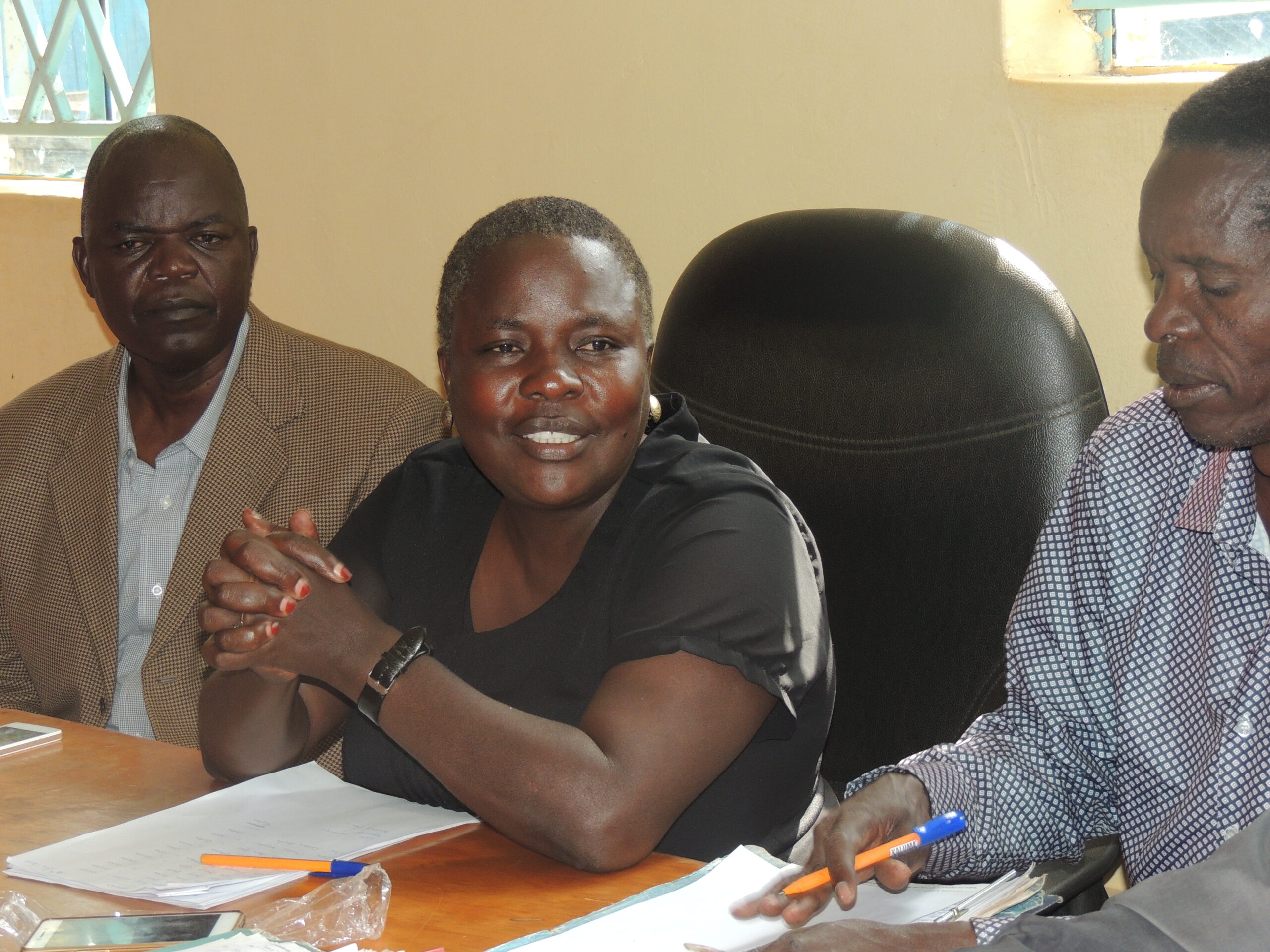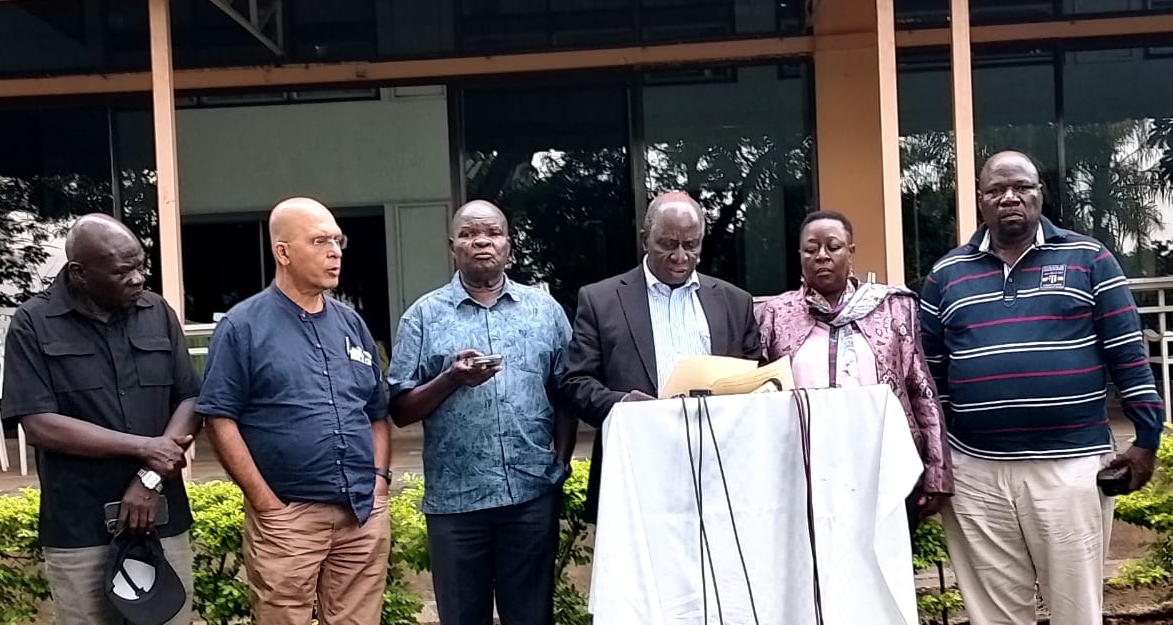As the country eagerly awaits the enactment of new cooperative laws to regulate the sector, under the devolved system of government, the Pan-African Parliament (PAP) has coincidentally developed a Model Law that seeks to harmonize all cooperative legislations across the entire continent.
This Model Law was adopted by the Pan-African Parliament during the 3rd Session of the 6th Parliament in Midrand, South Africa on 5th June 2024.
It was the culmination of the joint efforts between the ICA-Africa Regional Office, Moshi Cooperative University ( MoCU) and the Secretariat of the Pan-African Parliament.
In doing so, the drafters drew inspiration from national and international instruments including the International Cooperative Alliance Statement on the Cooperative Identity, the UN Guidelines, the ILO Guidelines for Cooperative legislation, the ILO Promotion of Cooperatives Recommendation, 2002(No 193), the ILO Cooperatives (Developing Countries) Recommendation, 1966 (No.127), the East African Community Cooperatives Bill 2014 among others.
This Model Law is, therefore, an embodiment of global best practices and designed to guide the process of enacting or reviewing existing laws across the entire continent.
It further aims to make cooperative legislation member-centered and insists on the ‘eyes on, hands off’ approach in regulating cooperatives.
While the process of enacting new laws to regulate cooperatives in Kenya has dragged on for over five years, this unprecedented delay has, after all, been a blessing in disguise!
Those in charge of the process, including Parliament, should now pause for a moment and carefully examine this Model with a view to adopting and/or customizing it since it is a supra-national guide.
It can be used in full, or adjusted or adapted to suit specific contexts.
YOU MAY ALSO READ:
Building Your Future: Why SACCOs Are Key to a Secure Retirement
That notwithstanding, this Law contains transformative Articles , which if adopted, would go a long way in modernizing and empowering the cooperatives to progressively determine their own destiny through self-regulation and enhancement of transparency and accountability to the members.
At a glance, here below are some of the clauses that would, without doubt, be game changers;
1. This Law shall be primary in matters relating to formation and organization of cooperatives;
2. In enacting other laws that apply to cooperatives, the State shall, at all times, ensure the identity of Cooperatives is protected;
3. This Law regulates the establishment, organization, management, promotion, development of Cooperatives and other related matters.
This is what should define the “Preamble” to the Cooperatives Bill, 2024.
The Roles of governments are summarized as follows:
- a) Formulate Cooperative Development Policy.
- b) Put in place effective institutions for regulation of cooperatives.
- c) Align cooperative legislation with Cooperative Identity and relevant International cooperative law instruments.
- d) Ensure cooperative laws are consistent with Cooperative Identity.
- e) Collaborate with the cooperative movement and other stakeholders in promoting sustainable cooperative development.
- f) Ensure all government interventions and actions towards cooperatives are consistent with cooperative values and principles.
4. Cognizant of the entrepreneurial ecosystem in which cooperatives operate, a total of 17 cooperative activities are listed in the Model Law including;
5. Healthcare services, ICT, Professional services (such as Accounting, Law and Engineering), Fashion Design and related services, Advisory, Cleaning and Funeral services.
6. On governance, the Law introduces radical amendments to terminologies hitherto applicable in our Kenyan context as follows;
“General Meeting” changes to “General Assembly”
“Delegate” changes to “member representative”
“Entrance fee” changes to “Membership subscription”
“Shares” changes to “Units” which may be paid either in cash or in kind;
Voting by “proxy” will now be allowed during General Assemblies.
7. “Self-regulation Council comprising of 5% of total membership to be created on voluntary basis or in a manner advised by the “Competent Authority” (i.e. Commissioner of Cooperatives) to supervise and monitor the operations of the board or management Committee during their tenure in office.
8. Ensure gender parity, inclusiveness and environmental concern.
9. Dispute Resolution Mechanisms to adopt Mediation and Reconciliation in the first instance. This can later be escalated to Arbitration and finally to Courts of law.
The national federation shall have the duty to mediate Disputes in the cooperative movement and may establish Cooperative Mediation Centres.
10. On Criminal Offences, this Law provides that where a criminal activity is committed, the relevant Criminal Laws and Procedure shall apply.
This is a departure from the current procedure where Surcharges ( a civil process) are ordered in a bid to restore what is lost after instituting an Inquiry(ies) .
Going forward, criminal Offences in cooperatives shall be handled by the EACC and where necessary, Asset Recovery shall be enforced after following due processes.
This would go a long way in restoring members’ confidence and the public at large in cooperatives.
Note that this Model Law is developed exclusively to regulate cooperatives as private sector organizations.
Nowhere does it touch on public sector or government officers.
It is important to remember that the post-independence Cooperative Societies Act, No 39 of 1966 (including the Supplementary legislation and the then Model Bylaws) were developed through the assistance and guidance of the ILO .
Therefore, going forward, we only need to align the Cooperatives Bill, 2024 to the Model and infuse the various county functions as contained in the National Cooperative Policy therein.
Those in charge should now fast track the process.
By Fred Sitati
Sitati is a well known Cooperative sector consultant who regularly comments on topical issues
Get more stories from our website: Sacco Review.
For comments and clarifications, write to: Saccoreview@
Kindly follow us via our social media pages on Facebook: Sacco Review Newspaper for timely updates
Stay ahead of the pack! Grab the latest Sacco Review newspaper!



